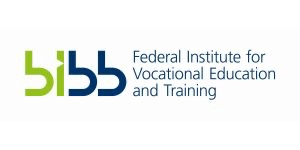South African Qualifications Authority (SAQA) has started an internal pilot project with two candidates. In both instances, the candidates have good working experience, sound knowledge, skills and competencies for an appointment to a higher level in SAQA than the current employment level they occupy. Both the candidates have excellent possibilities to be promoted into the higher-level posts, but neither has the stipulated qualification level for the job. Recognition of Prior Learning (RPL) will help to recognize and validate their experience and other learning in order to enable them to be interviewed once the posts are advertised.
This pilot project places SAQA in an interesting position as it is one of the first organizations to pilot the new national RPL policy within its own organization to the benefit of staff who wish to be able to compete in an open interview process for higher level jobs. SAQA had an RPL policy previously, which has since been replaced by the 2013 national policy. This policy has placed focus on RPL for access, advanced standing and credit. In SAQA’s experience, most of the RPL projects which were conducted using the first RPL policy, focused to a large extent on assessment and RPL for access to further study. The 2013 policy emphasizes the benefits of RPL across a range of areas, with assessment being only one of the components recognized in the RPL process.
Procedures and processes
Outcomes and ways forward
One of the results of SAQA’s initiative to apply RPL on its own staff has been that the SAQA RPL policy has matured to include teaching, learning and assessment. This moves the SAQA RPL policy into the important global trend of recognizing that ever more workers and learners will work and learn and through this iteration, they will gain experience and knowledge which should or could be recognized and validated at any given stage – for credit, access or advanced professional standing.
The BILT project is implemented by

with support of

and sponsored by

UNESCO-UNEVOC International Centre
for Technical and Vocational Education and Training
UN Campus, Platz der Vereinten Nationen 1
53113 Bonn, Germany
Contact
Data privacy statement | Contacts | © UNESCO-UNEVOC